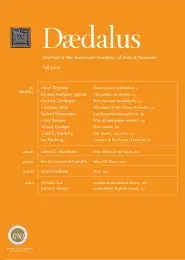Notes toward a definition of ‘identity’
The extremity of ‘identity’ politics in many parts of the globe during the last few decades has given rise to widespread use of the term ‘identity’ as well as to a glamorous theoretical interest in the concept. However, there has been little clarity or rigor in its theoretical deployment. This brief essay will make a very small effort at correcting that.
My main concern will be how we use ‘identity’ in the context of identity politics, not how the word surfaces in discussions of metaphysics, about which philosophers have already produced a flourishing and interesting literature. In politics, when we say an individual has a certain identity, we mean that he belongs to a certain type relevant to what we commonly call ‘identity politics.’
For some years now, in various essays, I have tried to impose some theoretical order on the concept by distinguishing at the outset between the ‘subjective’ and ‘objective’ aspects of identity.1 Your subjective identity is what you conceive yourself to be, whereas your objective identity is how you might be viewed independently of how you see yourself. In other words, your objective identity is who you are in light of certain biological or social facts about you.
Of course, subjective identity and objective identity are often closely related. It is neither routine nor plausible, at least in a political sense, to conceive of yourself as something you manifestly are not. Could I, born of Indian parents, think of myself as an African American? I suppose I could. One can imagine all sorts of things that go beyond reality. But since we are interested in the notion of identity in the realm of identity politics, we would be sensible to put aside self-conceptions that amount to fantasies.2
. . .
